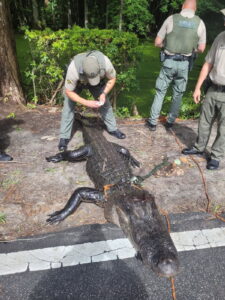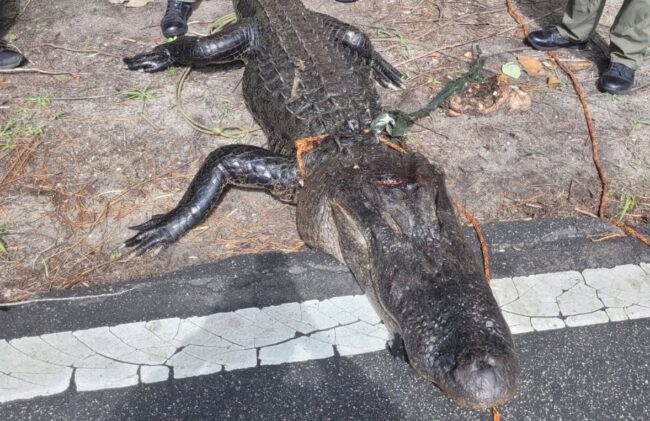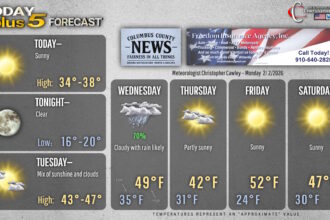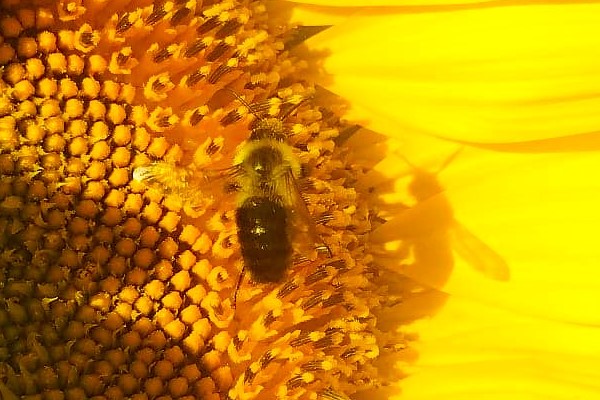A necropsy is being performed on the alligator that attacked and injured a girl at Lake Waccamaw Friday.
Sgt. Matt Criscoe of the Wildlife Resources Commission said the girl will recover. The incident is the first documented case of an alligator attacking a human at Lake Waccamaw in decades.
The girl was playing in the water with a number of other children at a home on Waccamaw Shores when she yelled that she had been bitten.
The girl exited the water, and the other kids climbed onto a family dock when adults saw the extent of her injuries. The alligator surfaced nearby moments later, and was shot by an uncle, Criscoe said.
“Apparently they were close to the alligator the entire time, and no one knew he was there,” Criscoe said. The girl was transported to an area hospital. Criscoe said it is unclear if she was bitten or clawed by the gator, but she sustained serious injuries.
Lake Waccamaw Police Chief Scott Hyatt said a family member shot the gator with a ten gauge shotgun, but the gun was loaded with steel shot intended for ducks. While the gator was hit, the wounds were not fatal. The family spotted the gator on the canal bank the next morning and notified authorities. A Wildlife officer shot and killed the alligator with a rifle.

Initial reports indicated the gator was six to seven feet in length, Criscoe said. When it was killed Saturday morning, the alligator measured 12 feet, one inch.
“It took eight to ten of us to pull his body across the canal,” Criscoe said. “That was an enormous gator.”
The saurian was taken by a biologist and will be necropsied, its stomach contents evaluated and closely examined by specialists. The gator was reportedly one tagged by the Wildlife Commission during its annual alligator survey at the lake.
Criscoe said the injured girl’s family “was absolutely great from beginning to end.
“They have been extremely helpful,” he said. “They were not at fault, either. They were on top of everything, and they did it right. They got the kids out of the water, they were able to identify the gator, the father even helped us retrieve the alligator’s body. They were very understanding through the whole thing. They helped every way they possibly could.”
Three different divisions – Wildlife Enforcement, Management and Biology – worked with Lake Police and Fire on the case, Criscoe said.
This has been an unusually busy year for gator reports at the lake and elsewhere, Criscoe said. Another large gator blocked traffic on N.C. 130 recently after it was run over by multiple vehicles near Pleasant Plains Church. That gator died, but Criscoe said if the decision is made to move an alligator, most are moved alive.
“The problems occur when alligators become used to seeing humans as suppliers of food,” he said. “It’s illegal to intentionally feed alligators. They become accustomed to seeing humans providing food, when they’re naturally shy and avoid people.”
Alligators quickly learn to feed on turtles, scavengers and fish that gather where people dispose of fish scraps and leftovers, or where people feed ducks along the canal and the lakeshore.
As mating season slows down and the water heats up, Criscoe said, he expects activity to lessen, but lake visitors still need to be cautious.
“Enjoy the lake, but be smart,” he said. “Look around before you let the kids jump in the water. Watch your dogs – dogs are a favorite target for hungry alligators. Be aware of your surroundings.
“People have coexisted with alligators here since the earliest settlers came to Lake Waccamaw,” Criscoe said. “They’ve always been there. We’re in close proximity to them all the time, and may not realize it.”
Criscoe said there have been very few reports of people feeding alligators, which is a crime in North Carolina as well as “dangerous to yourself and others.
“If you see someone feeding an alligator, or trying to, report it,” he said. “You can even report it anonymously. These animals are not something to play with. They need to be respected and enjoyed, but not fed by humans.”
For more information about living with alligators, visit the Gatorwise site at https://www.gatorwise.org or go to https://www.ncwildlife.gov/species/alligator-american.







